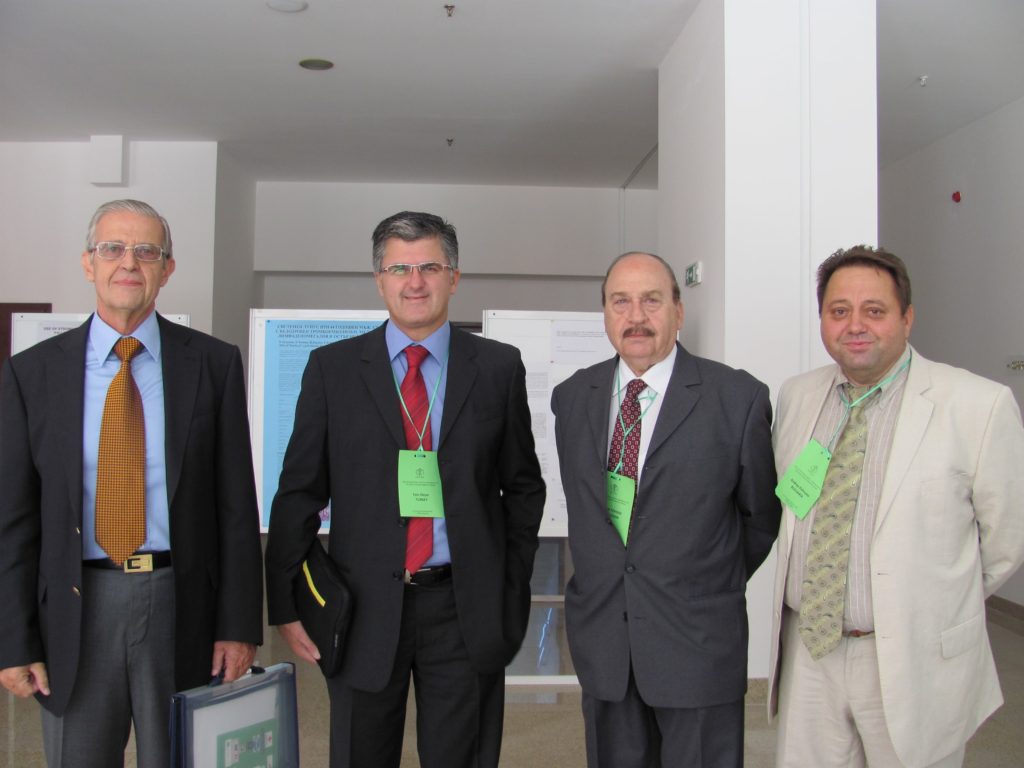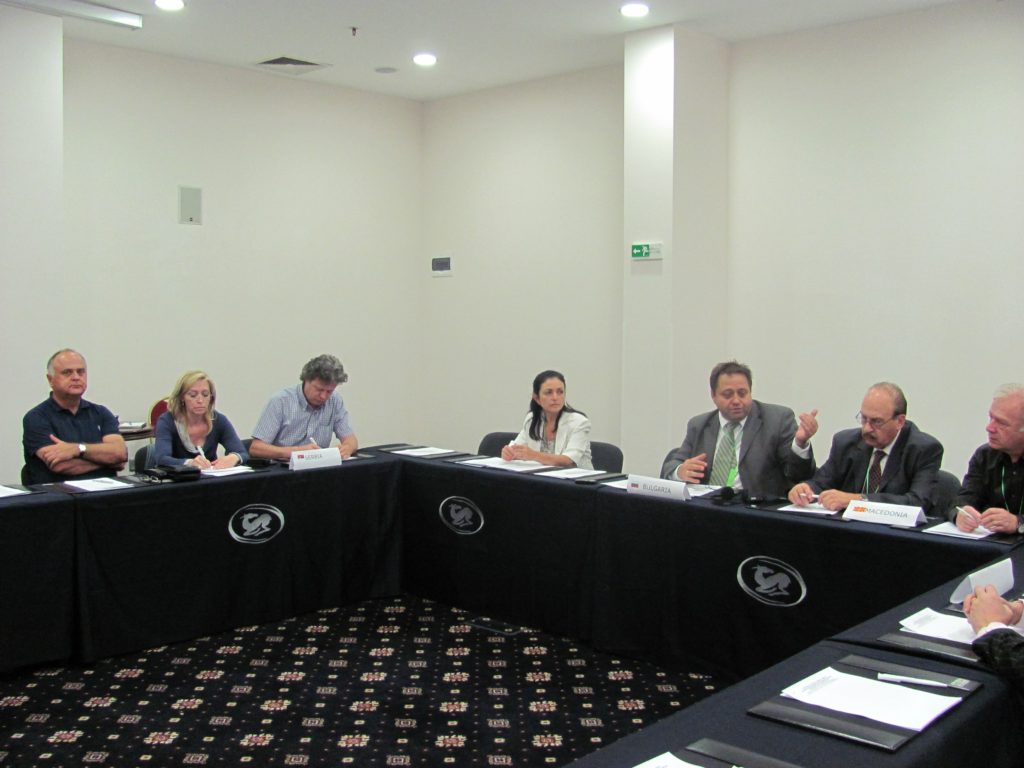FIRST INTERNATIONAL MEDICAL CONGRESS / 22 – 25 September 2010 Golden Sands Resort, Varna Bulgaria

The First SEEMF Congress took place in Varna, Bulgaria in 2010. It focused on different specialized topics as well as on Patient Safety and Health Issues and Health Policies under Conditions of Economic Crisis. Participants from 14 countries attended the event and presentations were made by outstanding physicians and representatives of medical science, including Prof. Enis Ozyar from Turkey and Prof. Peter Schwarz from Germany. The meeting adopted the following
RESOLUTION of the First International Medical Congress of the Southeast European Medical Forum, Varna, 22 – 25 September 2010
On the background of the discussed social issues and the global healthcare problems under conditions of economic crisis, we, the participants in the First International Medical congress of the Southeast European Medical Forum, namely physicians from Albania, Bulgaria, Greece, Macedonia, Bosnia and Herzegovina, Bosnia and Herzegovina, Romania, Slovenia, Turkey, Ukraine, in the presence of representatives of the WHO and the Joint Commission International, support the resolution adopted at the World Medical Association Conference, held in Riga, 10 – 11 September, and we underline that economic crisis means hard times. The global economic crisis has made a significant negative impact on public health and health-care systems in Southeast Europe. The impact has been particularly detrimental for the health of low-income population groups, as well as for women and children. Growing unemployment and poverty, as well as crisis-inflated payments for health-care services have frequently prevented people from turning for timely health-care. Though countries have had varied success in handling the impact of the crisis on health-care systems, progress has been better in those countries where the respective governments have managed to maintain their health budgets and have seen the crisis as an opportunity for taking strong decisions on the reforms to be carried out, making long-term contributions to the management of the health-care system, prioritizing on investments in human capital, improvement of its productivity and better use.
Economic crisis is a time for deeper contemplation. Governments together with health-care professionals have to reconsider correlations between economics and health-care policies
The time of economic crisis is a time for opportunities. It is the right time for modifying health-care systems, abandoning what has been excessive.
The time of economic crisis is a time for revelations and for brave decisions, for taking responsibility, with the health ministries having particularly important roles to play in placing health issues high on the public and political agenda.
Interdisciplinary co-operation is not only a challenge for future healthcare, but also a fundamental principle, which, if not observed, would lead to a failed state and a failed administration, because this is exactly how the future generations are going to see it.
Interdisciplinary co-operation for the purposes of human health should proceed from words to deeds, from expectations about bridging gaps for the purpose of better healthcare to actually constructing the bridges.
The basic principle on which a developed and socially responsible state is based should be the responsibility for health and for the healthcare system. And the medical organizations should safeguard the interests of all physicians, should be responsible self-governing bodies and quality guarantor, and should represent and lobby for the profession.
The problem is global, but each individual country should try to find solutions according to the specific local situation.






